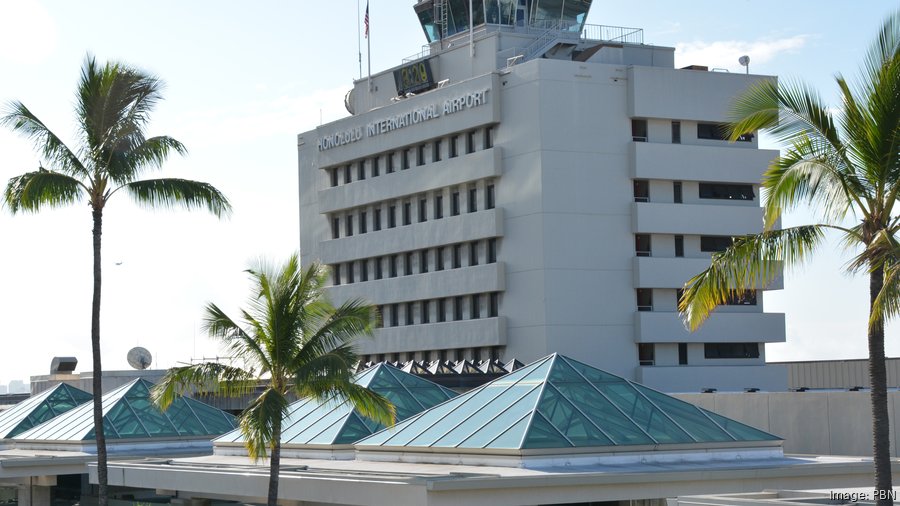The state legislature has appropriated $90 million for implementing new health and safety systems at state airports to help prevent the spread of the coronavirus.
The funding was included in Senate Bill 126, which the House and Senate approved Friday, and will go toward thermal screening systems, web-based verification applications, screening and testing facilities, and increased testing.
“This investment in airport screening protocols will help us reopen tourism in the safest possible manner, screening all travelers and verifying their pre-testing information,” said House Finance Chair Sylvia Luke in a statement. “Because the U.S. Senate has not passed the HEROES Act, we are substituting federal funding from the existing CARES Act in order to move forward with this critical priority.”
The appropriation comes as Hawaii begins to reopen to travel. Earlier this month, the 14-day mandatory quarantine was lifted for interisland travel, and beginning Aug. 1, transpacific travelers will have the option to get a Covid-19 test prior to arriving in Hawaii in lieu of undergoing quarantine.
The systems will be installed at Daniel K. Inouye International Airport in Honolulu, Kahului Airport, Ellison Onizuka Kona International Airport at Keahole, Hilo International Airport, and Lihue Airport.
Of the $90 million, $18.5 million will go toward installing thermal screening cameras at gates to screen passengers for elevated temperatures, as well as facial imaging tracking systems and control rooms. An additional $17.5 million has been designated for maintenance over a 10-year period. $5 million will be used to construct verification rooms, and $4 million will go toward developing a web-based app for health forms and passenger verification information. An additional $23 million has been appropriated for labor.
Another $5 million will be used for building testing rooms for passengers. Lastly, $17 million will go toward service contracts to maintain and operate the new systems, as well as for health professionals to conduct testing.
